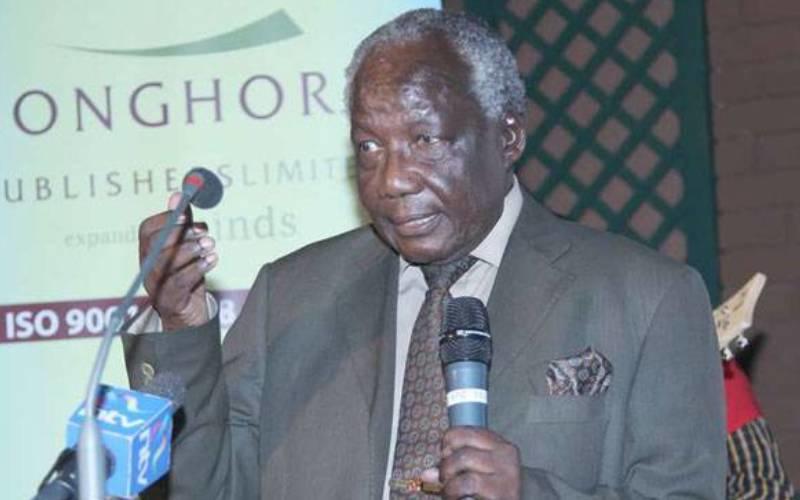×
The Standard e-Paper
Smart Minds Choose Us

The story of Kenyan journalism will remain incomplete without a narrative on Philip Ochieng who died on April 27, aged 83.
Ochieng, who will be buried today, ranked among the elite journalists who left an indelible mark on the country’s media landscape.